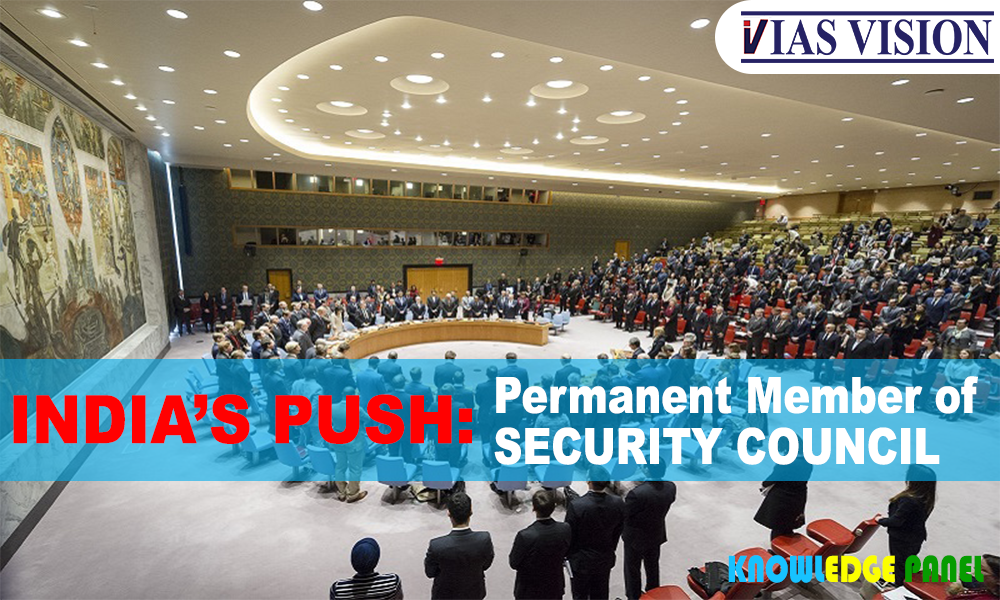India cuts aid to UN to get permanent seat UN Security Council
Simple and effective
India reduces aid to UN
India has cut down in it’s contribution/ funding to UN & related bodies, along with indication of intention to cut down in contribution of manpower to peace keeping missions, to push for overduereforms in UN Security Council.
India has demanded a permanent seat on the UN Security Council
Reasons’
- Asia with 60% of world population is not adequately represented.
- Global demography has changed over the last 75 years.
- Many continents remain unrepresented.
- India is the largest country by population & the third largest economy, which if excluded makes the UN Security Council not truly representative of global opinion.

Contact
To become a 'permanent' member of the UNSC,
- A country will need the backing of two-thirds of members of the UN General Assembly and all the P5 nations. While the first requirement is relatively easy to achieve, the second is tough.
- China is the only country that has interest in opposing Indian demand because of border tensions and geopolitical issues.
Current composition of UN Security Council:
Five permanent members, the UNSC comprises of five permanent members & 10 non-permanent members - five from African and Asian nations, one from Eastern Europe, and two each from Latin America and Western Europe.
The Security Council's non-permanent members are elected by a two-thirds majority. Two main criteria is looked into before electing a country.
One is a contribution to the maintenance of international peace and security. This is defined by financial or troop contributions to peacekeeping operations across the world. Leadership on matters of regional security is also looked into before deciding on a non-permanent member. Another criteria is "equitable geographical distribution".
The presidency of the Security Council rotates on a monthly basis.
The UN Charter:
The United Nations was established by the Charter of the United Nations and Statute of the International Court of Justice.
The Charter was signed on 26 June 1945 by the representatives of 50 countries; Poland signed on 15 October 1945. There were 51 Founding Members in 1945.
The founding members of the United Nations are the countries that were invited to participate in the 1945 San Francisco Conference at which the UN Charter and Statute of the ICJ was adopted.
In accordance with Article 110, the Charter entered into force on 24 October 1945, after ratification by the five permanent members of the Security Council and a majority of the other countries. Twenty-two countries subsequently deposited their instruments of ratification.
